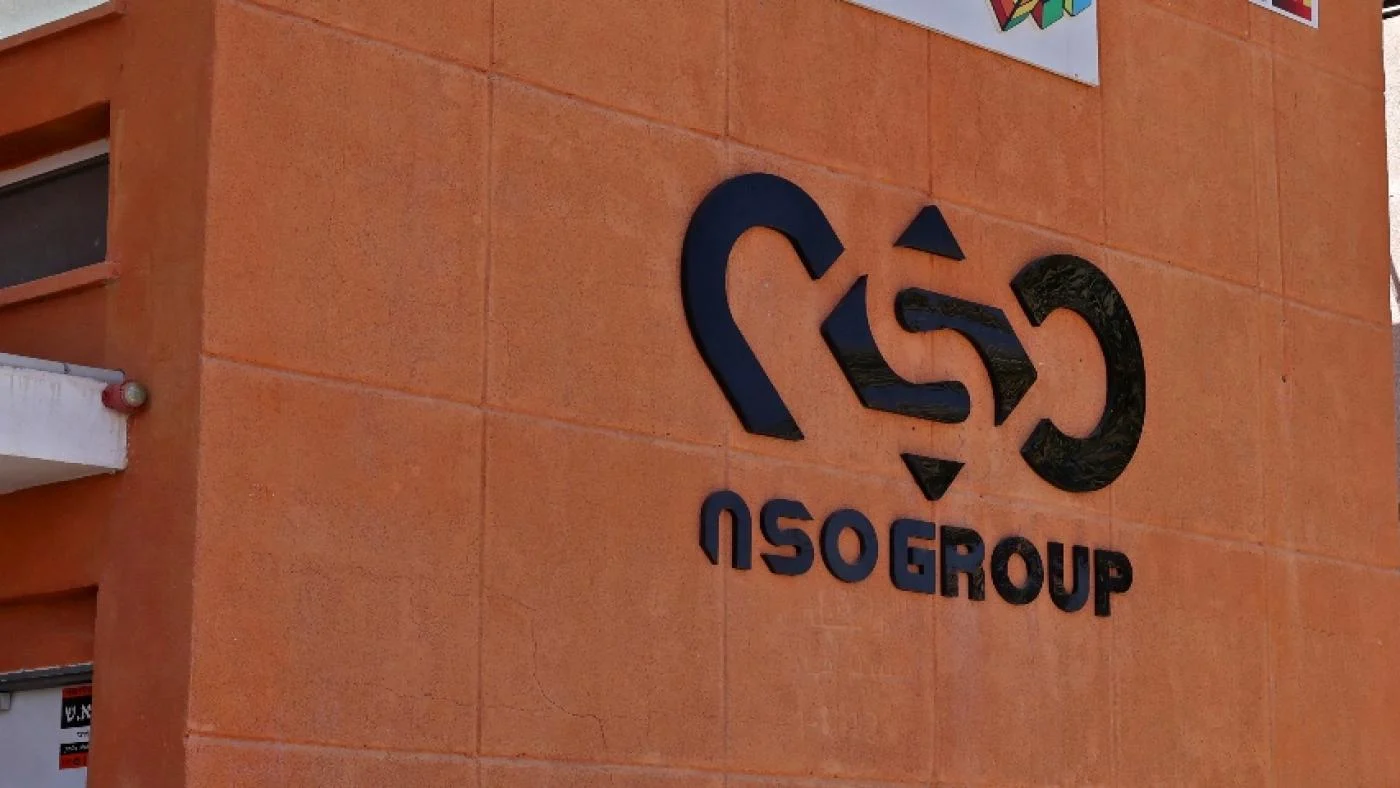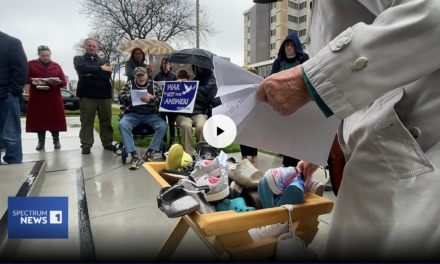NSO Group sparked outrage after a series of investigations showed how spyware maker’s flagship product was used by governments to spy on activists, journalists and political dissidents (AFP/File photo)
NSO had appealed a lower court’s decision allowing the lawsuit, arguing that it was immune because it was acting as an agent for unidentified foreign governments when it installed the Pegasus spyware.
In court papers, the spyware maker claimed that WhatsApp’s notification to users about being hacked scuttled a foreign government’s investigation into an Islamic State militant who was using the app to plan an attack.
NSO, however, has been embroiled in scandal and lawsuits for years. The company sparked outrage after a series of investigations in 2021, under the coordination of Forbidden Stories, showed how Pegasus, the spyware maker’s flagship product, was used by governments to spy on activists, journalists and political dissidents.
WhatsApp – owned by Meta (formerly Facebook) – filed its lawsuit against NSO Group in 2019, accusing the company of allegedly targeting its servers in California with malware to gain unauthorised access to approximately 1,400 mobile devices in violation of US state and federal law.
Last year, the Ninth Circuit Court of Appeals affirmed a lower court’s decision to allow WhatsApp’s lawsuit to continue, saying the NSO Group did not qualify for sovereign immunity, even if its clients were foreign government agencies.
WhatsApp’s lawyers had argued that private entities like NSO are “categorically ineligible” for foreign sovereign immunity.
The case focused on a federal law called the Foreign Sovereign Immunities Act (FSIA), which includes some exceptions to foreign state immunity. The 9th circuit court ruled that NSO’s licensing of Pegasus and technical support to foreign governments did not shield it from liability under FSIA, which took precedence over common law.
In June, the US Supreme Court requested that the Biden administration weigh in on the case.
The Justice Department petitioned against granting NSO immunity, but did not fully endorse the 9th circuit court’s conclusion that FSIA entirely forecloses any form of immunity under common law.
Last year, the Biden administration placed NSO Group on an “Entity List” of companies considered to be engaged in activities contrary to US foreign policy and national security. The administration accused it of enabling “transnational repression” with its spyware.
NSO also faces a lawsuit from Apple, which claims the spyware maker violated US laws by breaking into the software installed on its iPhones.














